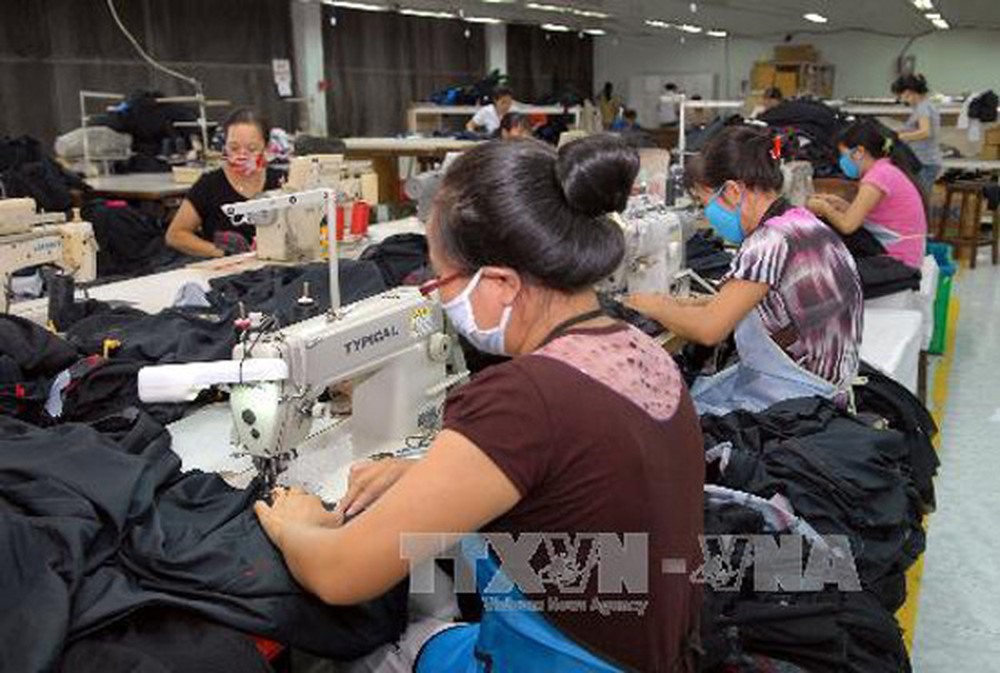
Workers in the textile-garment and electronics sectors in Dong Nai are benefiting from a project to improve legal access and awareness about their rights.
 |
| Dong Nai Province’s Labour Confederation kicks off a project to improve labourers’ legal access and awareness about their rights. |
Workers in the textile-garment and electronics sectors in Dong Nai are benefiting from a project to improve legal access and awareness about their rights.
The province’s Labour Confederation kicked off a three-year project on Tuesday.
As part of the project, 150 workers will be trained to become legal counsellors who will provide legal advice to workers and take part in dialogues with enterprises held at the regional and provincial level.
Vu Ngoc Ha, director of the Trade Union’s Legal Counselling Centre under the confederation, said the province has around 1.2 million workers, of whom 63 per cent are women and 60 per cent migrant workers.
Compared to local workers, many of these workers have low legal awareness and skills, Ha said.
The confederation will send its staff to residential areas where the workers live to educate them about laws and policies related to labour. The staff will also be able to learn about their problems and try to resolve them promptly.
Nong Van Dung, the confederation’s standing vice chairman, said that besides this project, other projects for migrant workers have been carried out since 2009, but with fewer activities, especially compared to previous years.
The province has three establishments that provide legal counselling managed by its trade union. More than 6,000 workers have received legal assitance and compensation totalling more than VND10 billion (US$430,351) from enterprises which have violated labour regulations. It has also carried out programmes, such as housing, to ensure labourers’ rights.
(Source: VNS)




